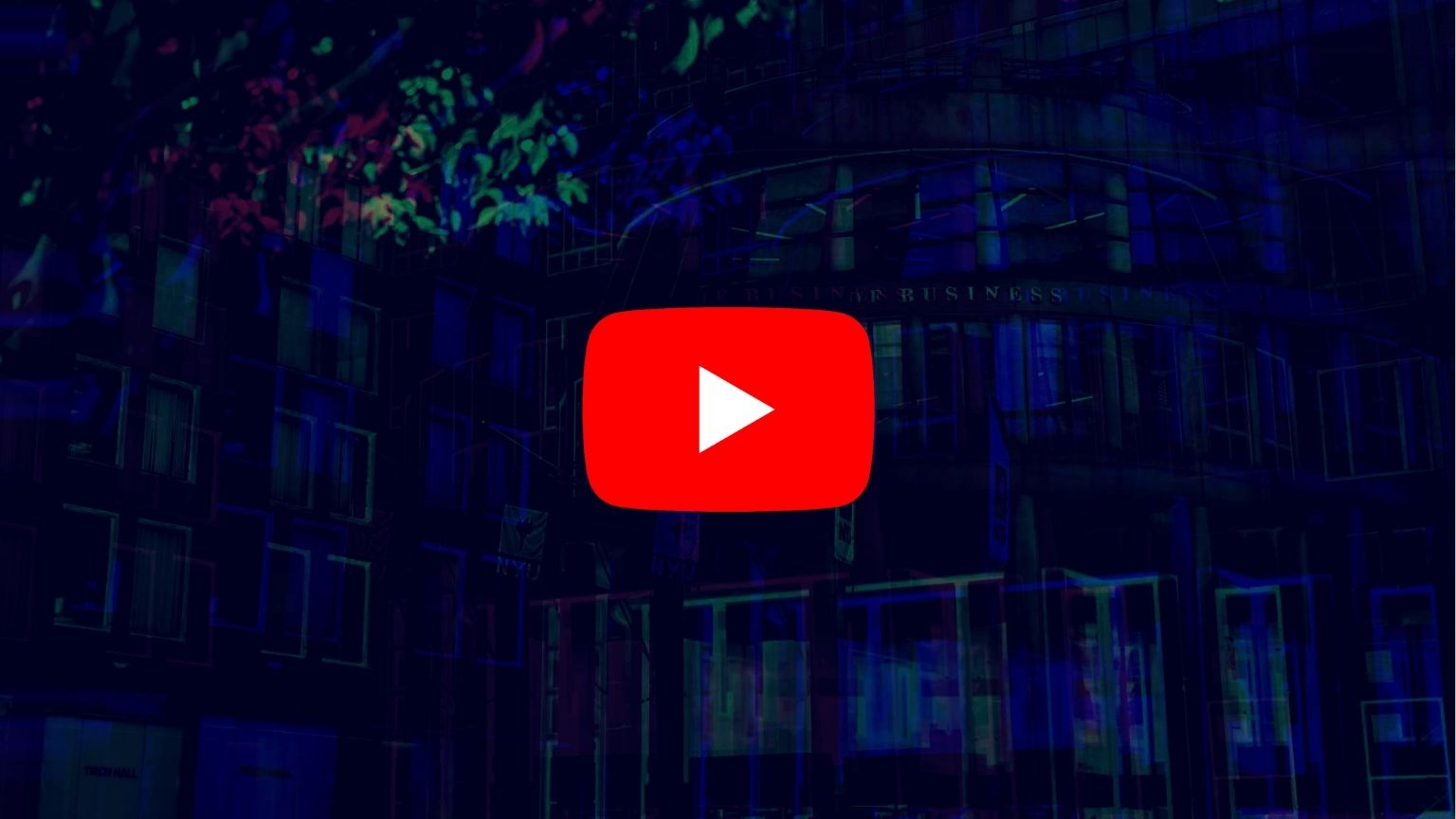Although Big Tech has been falling over backwards these last years to censor a huge amount of content and users, often indiscriminately and illogically, there are those who are urging more pressure to be piled on the platforms by the government.
New York University Leonard N. Stern School of Business (NYU Stern)-based behavioral psychology collaboration called “Ethical Solutions” is shockingly singling out YouTube as displaying “inadequate attention” to censoring content that is considered as harmful, going as far as to describe the platform known for mass censorship as being “a serious threat to democratic discourse” – because it isn’t censoring even more.
What rattled NYU Stern’s cage here mostly has to do with the January 6 Capitol Hill riot and the perceived role YouTube had in giving voice to those accused of participating or sympathizing with the events.
The organization in June published a report referring to YouTube as a weaponized platform that spreads harmful information, underlining that content creators are able to monetize their presence on the social site even when they are posting content that is disapproved of in certain circles. The subtext seems to be that YouTube needs to take action to demonetize them.
Journalist and filmmaker Tim Pool is mentioned in the report as one of the “provocateur creators” who is “providing a platform” – i.e., interviewing figures that have been canceled elsewhere.
All this has left the Ethical System’s “braintrust” unconvinced, and so the author of the new article offers some “remedies” to the YouTube situation: they range from strengthening the army of human moderators, to improving automated filtering, all the way to effectively discarding free speech protections guaranteed in US and international legal acts, and involving governments in content censorship happening on these private platforms.
“The NYU report recommends carefully circumscribed federal action requiring greater platform transparency and procedurally adequate content moderation,” says the article, urging at the same time FTC involvement, ignoring the First Amendment and including by Congress authorizing it to “oversee mandatory disclosure of currently secret data that would help researchers understand, for example, why certain content ‘goes viral’ and what steps YouTube and other companies might take when harmful material spreads far and wide.”





















